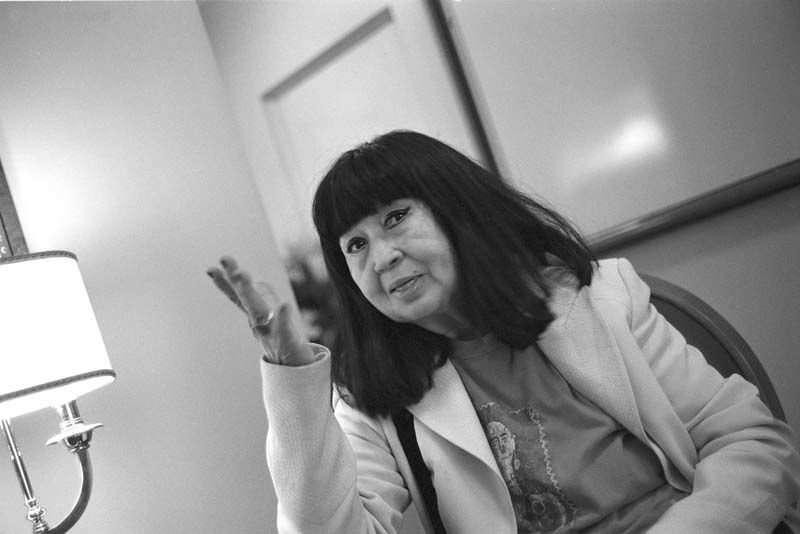translated, from the Japanese, by Samuel Grolmes and Yumiko Tsumura
I asked what can you do while you’re alive
a donkey doesn’t have ears doesn’t have a mouth
eyes with long lashes over them like umbrellas
holding up philosophy philosophy doesn’t take any responsibility
for debt or unhappiness
people despair get depressed but
what can they see when they so indolently desperately head toward a hole and
darkness
look at the braying donkey a donkey doesn’t
fall or anything get blindfolded all the time
she can see quite well in the dark can hear well
with no disability twirls round and round
like a merry-go-round
I wonder if suffering looks like the slobber of joy sometimes around that time
people get fed up with despair in despair
go to the other side other side there
people who come to pray in front of a guardian god and receive
the precious tears of the donkey never stop coming
Minoru Yoshioka1 appeared from time to time
to eat a bowl of shaved ice with sweet beans
even a phantom gets thirsty
phantoms appear all over the place
the peak of Mt. Yamamotoyama in Ojiya2 in deep fog
is no different from the London suburbs
he chanted like a spell the same English as at the time
he walked through the Kew Gardens
when the pronunciation stopped short the fog cleared up
while eating a bowl of soba noodles the donkey kept a journal this far
we don’t know what will become of tomorrow
nevertheless there is also something I have understood
even a phantom gets thirsty.
1. Minoru Yoshioka is a close friend of Shiraishi, whom she considers the greatest of Japan’s surrealist poets. It is a Buddhist custom to make an offering to the dead of a token of his favorite food.
2. The modernist poet Junzaburo Nishiwaki’s home was in Ojiya, Niigata Prefecture, near the Mt. Yamamotoyama. He had studied in England as a young man and was familiar with Kew Garden.
